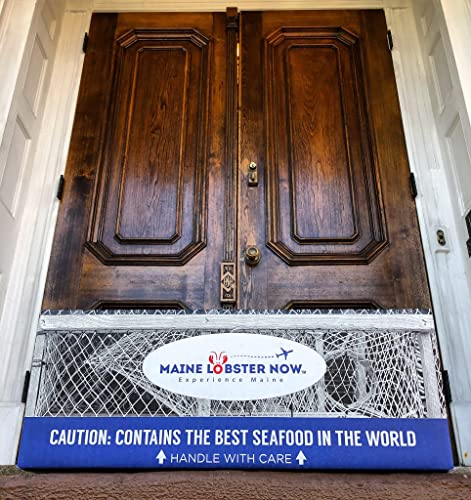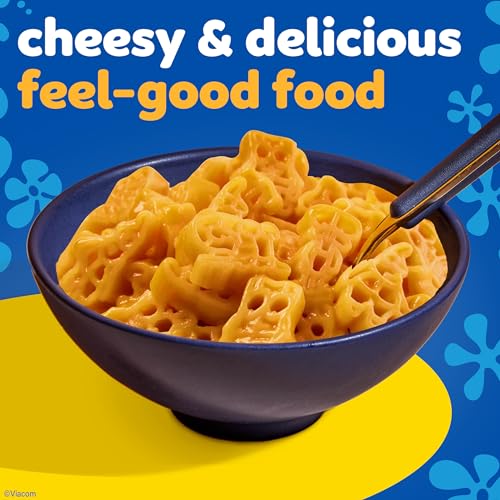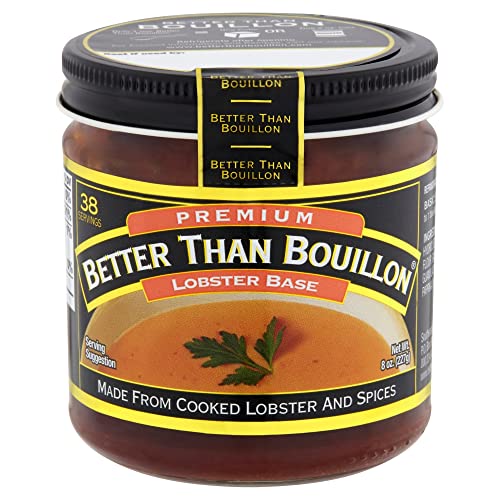Lobster Ravioli for Lukes Lobster, 8 OZ
Responsibly Farmed or Sustainable Wild-Caught Seafood
When it comes to seafood, consumers should be mindful of the sourcing and production methods to ensure they are making sustainable choices. Responsibly farmed or sustainable wild-caught seafood is the preferred option, as it not only supports the health of marine ecosystems but also provides a reliable and high-quality source of protein.
One of the key considerations for responsible seafood is the use of preservatives. Certain preservatives, such as sodium bisulfite and STPP (sodium tripolyphosphate), are prohibited in the production of responsibly farmed or sustainable wild-caught seafood. These additives can potentially have negative impacts on human health and the environment, and their exclusion is an important factor in ensuring the integrity of the seafood.
Furthermore, responsible seafood should be traceable to the farm or fishery of origin. This transparency allows consumers to understand the source of their seafood and make informed decisions about their purchases. By tracing the seafood back to its origin, consumers can be confident that they are supporting sustainable practices and contributing to the long-term health of the ocean's resources.
Responsibly farmed seafood refers to aquaculture operations that adhere to strict environmental and social standards. These farms typically employ practices that minimize the impact on the surrounding ecosystems, such as using sustainable feed sources, reducing waste, and maintaining water quality. By purchasing responsibly farmed seafood, consumers can be assured that the production process is environmentally responsible and contributes to the overall sustainability of the seafood industry.
On the other hand, sustainable wild-caught seafood is sourced from fisheries that employ fishing methods that maintain the long-term health of the target species and their habitats. These fisheries are often certified by third-party organizations, such as the Marine Stewardship Council (MSC), which ensures that the fishing practices are in line with sustainable management principles. By choosing sustainable wild-caught seafood, consumers can support the responsible harvesting of marine resources and help preserve the delicate balance of ocean ecosystems.
In conclusion, responsibly farmed or sustainable wild-caught seafood is the preferred choice for environmentally conscious consumers. By avoiding preservatives like sodium bisulfite and STPP, and ensuring the seafood is traceable to its source, consumers can make informed decisions that support the long-term sustainability of the seafood industry. This not only benefits the health of marine ecosystems but also provides a reliable and high-quality source of seafood for generations to come.
product information:
| Attribute | Value | ||||
|---|---|---|---|---|---|
| package_dimensions | 6.65 x 5.15 x 2.1 inches; 9.76 ounces | ||||
| item_model_number | 0867907000188 | ||||
| upc | 867907000188 | ||||
| manufacturer | LUKES LOBSTER | ||||
| customer_reviews |
|
MORE FROM lovster mac and cheese
MORE FROM recommendation



























